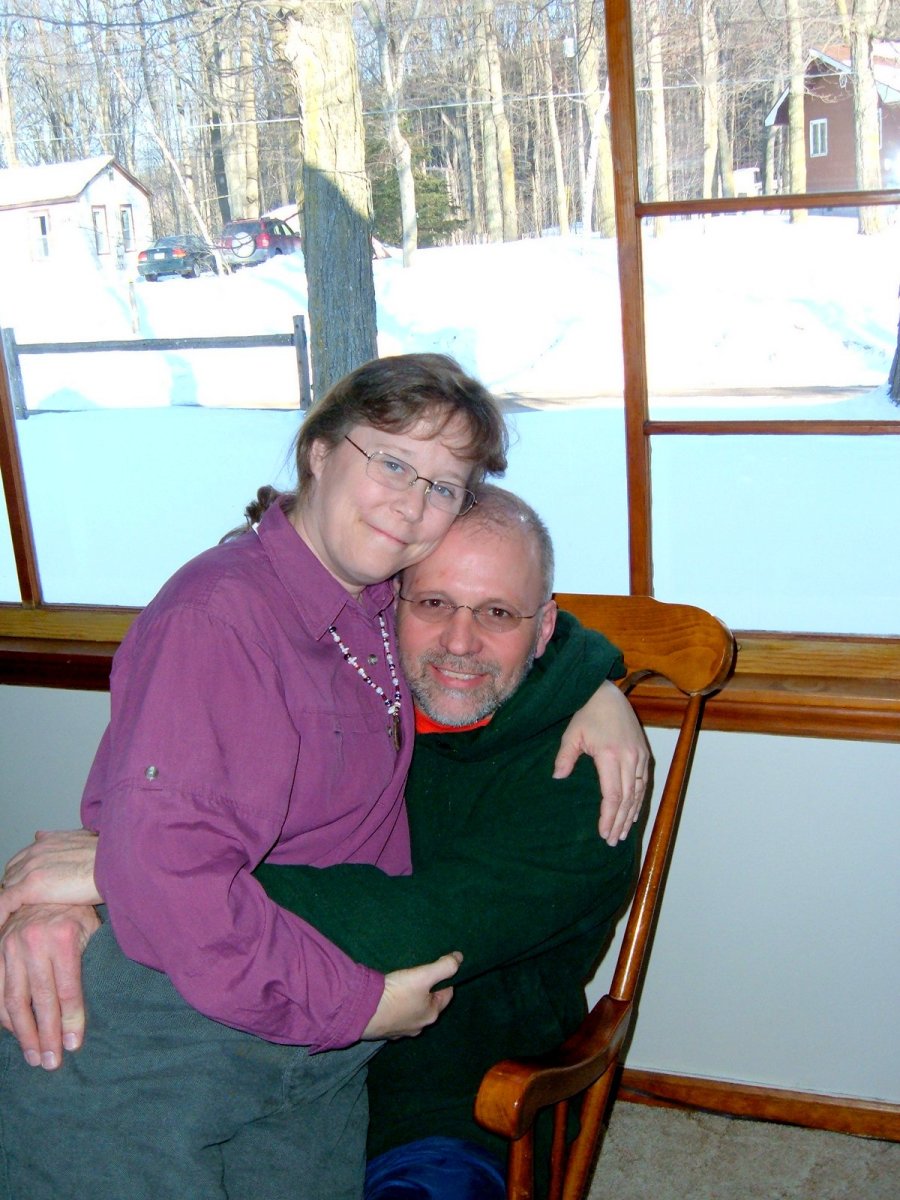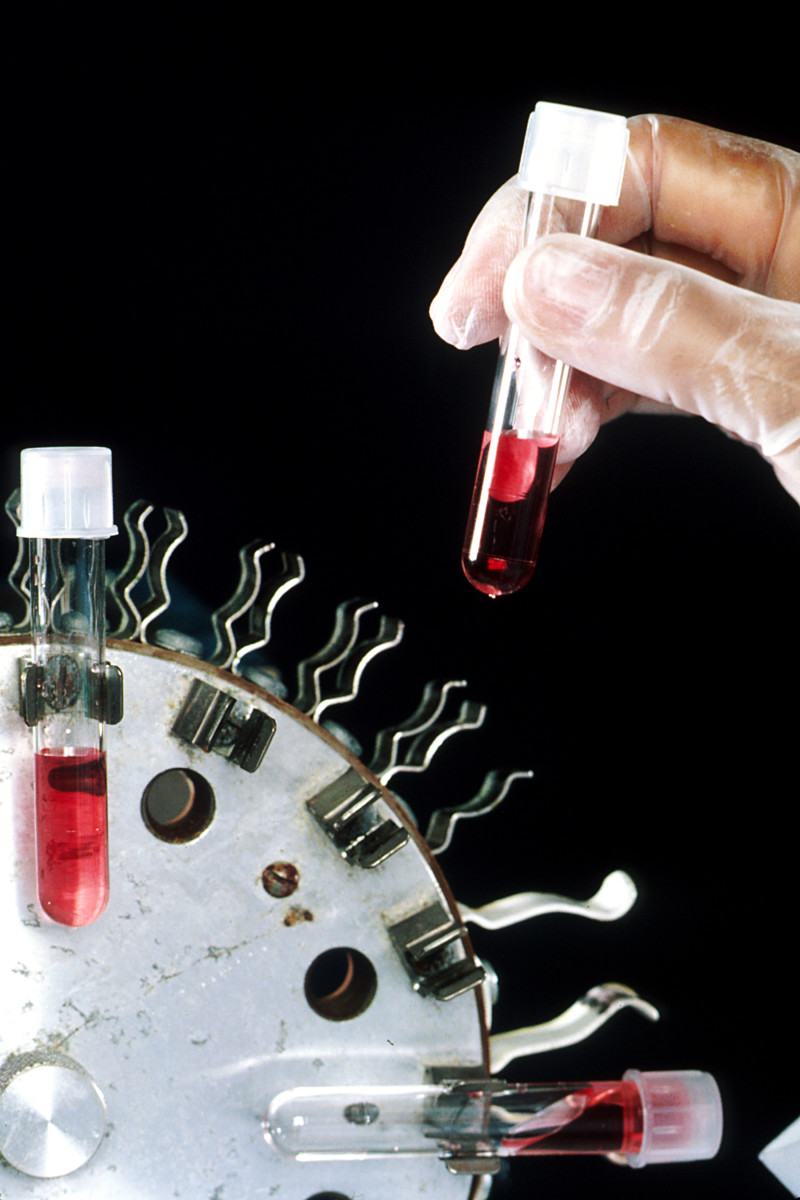Knockout is a Knockout for Metastatic Cancer Patients
A Must Read for Anyone Battling Cancer
Knockout is a detailed account of Suzanne Somers' personal struggle with cancer. It also includes lengthy interviews from integrative physicians who successfully treat cancer patients, even after conventional medicine has given up on them.
People newly diagnosed, especially those with a "poor prognosis," would probably find much comfort reading Knockout. The book contains numerous accounts of people who've lived for a long time after being told there was no hope.
Somers, a breast cancer survivor, has also bounced back from the dreaded disease. The book didn't go into detail on the specifics of her diagnosis, such as what stage cancer she had or if it had spread beyond her breast to her lymph nodes.
Although Somers is now sixty-something, she looks almost as young as when she played the ditzy blonde character on Three's Company, back in the 1970s and 80s.
Somers was diagnosed in 2001. She had a lumpectomy and radiation, followed by a total lifestyle overhaul. She refused chemotherapy.
Then, in 2008, she was told she had metastatic cancer and was given a grim prognosis. But it was a mistake. Armed with a lot of medical knowledge, and the realization that doctors can be wrong (in her case six physicians misdiagnosed her) Somers recovered from that ordeal as well.
Knockout is Born
Throughout her book, Somers lets it be known she considers chemotherapy a hindrance to beating cancer, which, as explained by the physicians interviewed, is more about regaining one's health than it is about eradicating tumors.
The doctors stress the importance of diet and of taking the right supplements, both in terms of preventing cancer in the first place, and, if it's discovered, allowing one's body to rally to beat the disease.
Knockout makes it clear that cancer is a metabolic condition. Tumors grow because the body is overburdened by toxins and other forms of imbalance and stress. These factors can often by corrected, resulting in reversal of cancer, according to the book.
On the other hand, surgical removal of the primary tumor can accelerate the growth of satellite tumors, as the primary tumor contained agents to suppress the spread of cancer, Somers wrote, based on interviews with the integrative physicians.
Somer's book flies in the face of conventional medical dogma that views metastatic cancer as a death sentence. She pulls no punches in her analysis that mainstream cancer treatments are the reason hospitals can stay in business.
Many Testimonies
The book contains testimonies from the doctors and from patients about how people once considered "terminal" have returned to health following a strict program of diet changes and other interventions. Although these doctors each attack cancer from a different angle, all have a track records that beg the question of why these treatments aren't more widely available.
There is one from a girl diagnosed with a brain tumor when she was 10 months old. She was treated by Dr. Stanislaw Burzinski, M.D. in Texas, who uses antineoplaston therapy, which he developed. Antineoplastons are peptides found in the body that stop cancer from growing. Dr. Burzinski has found cancer patients don't produce enough of these peptides.
Another woman with recurrent breast cancer has been treated at Dr. Burzinski's Houston clinic, and has been in remission for years.
Dr. Nicholas Gonzales, M.D., who practices in New York City, has had great success with pancreatic cancer patients, many of whom are alive and well years later. One of his former patients was diagnosed 26 years ago. The doctors she saw said there was nothing they could do for her.
A book she picked up at a health food store was written by Dr. William Kelley, a controversial dentist who had success in curing terminal cancer patients. While still a medical student, Dr. Gonzales met Dr. Kelley when he was sent, by the president of Sloan-Kettering to investigate his work.
Dr. Gonzales was impressed by what he saw, and, has since, continued and refined Dr. Kelley's work. Dr. Kelley died in 2005.
The woman with pancreatic cancer has recovered and remains cancer free, even though she no longer follows an anti-cancer protocol.
Other patients of Dr. Gonzales have recovered from stage IV ovarian cancer, stage IV lymphoma, stage IV liver cancer and metastatic breast, rectal and lung cancer.
Dr. Nicholas Gonzales
There is an entire chapter in which Somers interviews Dr. Gonzales. This, alone, would make the book worthwhile, as Dr. Gonzales throws out hard facts and statistics about the inability of chemotherapy to cure most cancers.
He is very forthright. "There's no evidence that those chemo drugs in metastatic disease prolong survival significantly," Dr. Gonzales told Somers. "If they do, it's a couple of months."
Dr. Gonzales, a graduate of Cornell Medical College, cites German research that shows chemotherapy does not cure metastatic breast, lung or pancreatic cancer. He also explains what conventional oncologists mean when they say someone's tumor or tumors have a good chance of "responding" to treatment. What this means is that the malignancies should shrink by half for four weeks. Even if they resume growth on the fifth week, the treatment is considered successful, noted Dr. Gonzales.
What is behind the current cancer epidemic? Dr. Gonzales blames it on poor eating habits and toxins, including chemical and electromagnetic toxins such as cell phone towers and computer screens. He strongly recommends eating organic food.
Little Known Treatments
Somers brings to light medical treatments that remain outside of the mainstream. In addition to treatment with antineoplastons, there is pancreatic enzyme therapy, which help protect us cancer. Enzymes are one of the mainstays of Dr. Gonzales' protocol.
Surprisingly, for someone who once had breast cancer, Somers herself sees an oncologist who prescribes bio-identical hormones. Instead of taking drugs to reduce the amount of estrogen in her body, Somers takes hormone supplements that bring her body back to the state of a much younger woman, giving her, as her oncologist believes, a protective effect against cancer.
Somers also interviews another physician, Dr. Jonathan Wright, M.D., who stresses that hormonal imbalances can fuel cancer. He advocates replacing hormones so that women have sufficient levels of estriol, a weak estrogen that Dr. Wright also believes has an anti-cancer effect.
Along with other alternative/integrative researchers, Dr. Wright recommends underscores the importance of sufficient iodine, which, he points out, "helps kill some breast cancer cell lines."
Somers also writes about mistletoe extract and other substances, such as garlic, IP6 and AHCC that can boost natural killer cell function, our first line of defense against cancer.
Throughout the book, the reader learns that Germany is light years ahead of American in terms of treating cancer, and a variety of techniques that aren't legal or widely available in America can be found there.
Most People Still Undergo Chemo
Somers must have been well aware that many will read her book, and still decide to undergo standard chemotherapy. The final chapter is devoted to patients who choose traditional treatment, and it's packed with advice on how to proceed. The authority for this chapter is Bill Faloon, who heads the Life Extension Foundation.
It's important to build up the body as much as possible before surgery or chemotherapy, according to both Somers and Faloon. And there are supplements one can take to boost natural killer function and reduce the risk of cancer spreading due to a surgical procedure.
Faloon cited a long list of substances, such as curcumin (a turmeric extract) and resveratrol, found in red grapes, that can reduce a cancer-inducing inflammatory response following surgery.
It's also possible to test one's cancer cell line, prior to chemo, to better deterimine which drugs one will respond to, and reduce the need for unnecessary toxic pharmaceuticals, Somers noted.
A Drawback
It appears as if Somers has assembled some of the best integrative physicians in America who have impressively rescued people from the jaws of death. However, many people won't be able to afford these treatments, as they're not covered by most insurance plans. There is only one criticism of Knockout, an otherwise terrific book. I wish Somers, a skilled researcher, was able to put into print a few low-tech approaches within reach of the masses.
Dr. Gonzales said his following his program will cost $12,000. This probably doesn't include travel to New York City, as well as accommodations.
Cancer crusader Bill Henderson, by contrast, has reported people recovering from cancer using various approaches costing only about $155 a month.
Although the treatments described in Knockout aren't mainstream, they should be relatively easy to find. At the end of the book is an exhaustive list of integrative physicians broken down by state.
Disclaimer: These statements have not been evaluated by the Food and Drug Administration (FDA). These products are not meant to diagnose‚ treat or cure any disease or medical condition.
Nothing in this article is intended to substitute for medical advice. This article is only for the sake of education, discussion and sharing of information. Readers are urged to work with a trusted medical professional. I am not a medical professional and cannot claim responsibility for anyone's choices, or for any possible adverse effects.
Knockout Describes How to Beat Cancer
Disclosure
I am a participant in the Amazon Services LLC Associates Program, an affiliate advertising program designed to provide a means for sites to earn advertising fees by advertising and linking to amazon.com.










